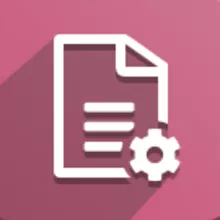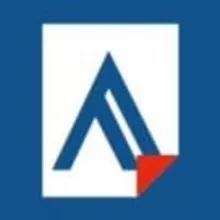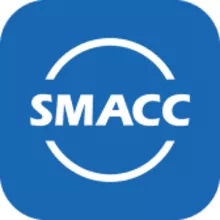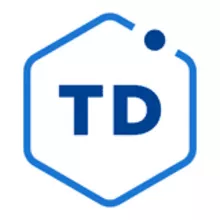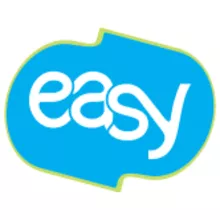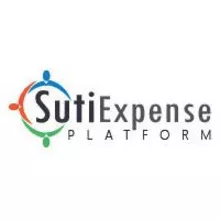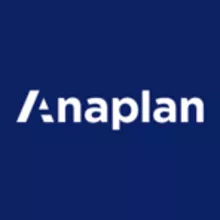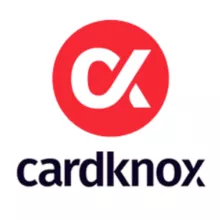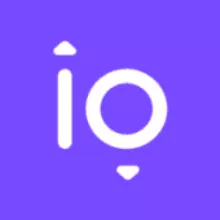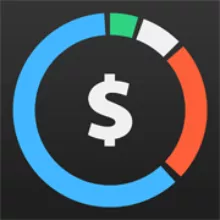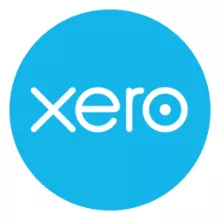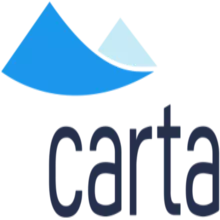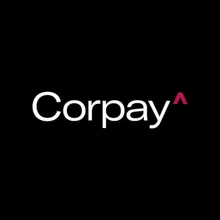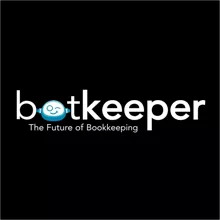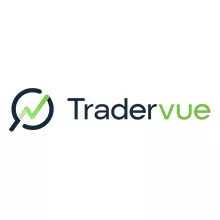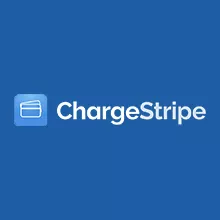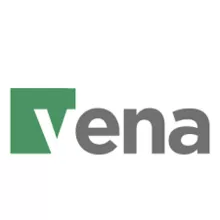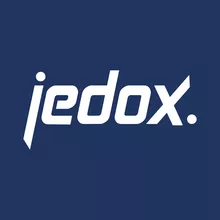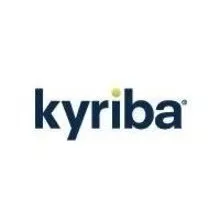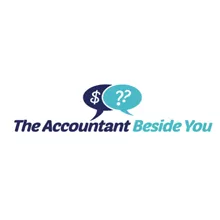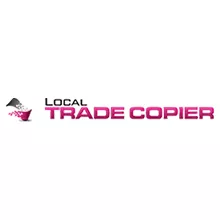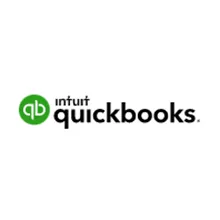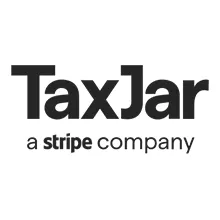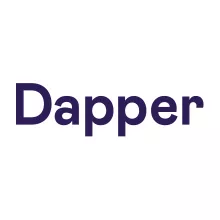Accounting software for freelancers and small businesses
What is accounting software?
Accounting software includes accounts payable, accounts receivable, payroll, billing, and general ledger that enable users to manage and automate an organization's financial activities and transactions. Accounting solutions with integrated applications provide full, real-time monitoring of an organization's financial position, including cash flow and spending control. Bookkeeping software is another name for accounting software. Here you can check the list of Accounting Software.
The benefits of a comprehensive accounting system
- Cost savings: Traditionally, small business accounting has been managed through outsourcing, which adds to the company's operational costs. Accounting software enables small enterprises to bring accounting tasks in-house, lowering overall costs.
- Improved process efficiency: Accounting entails a great deal of paperwork and manual data input, both time-consuming and prone to human error. By digitizing financial paperwork, accounting software helps small businesses reduce their time to complete financial operations, including expenditure management, accounts payable, and accounts receivable.
- Easier tax compliance: Small business tax compliance requires a lot of paperwork and documentation. Accounting software takes advantage of the system's financial and account information, making the procedure more accessible and less prone to human error.
Features of accounting software
- Accounts Payable (AP): Automates the capture, approval, and authorization of invoices. The accounts payable and general ledger tables reflect the transaction details.
- Account Receivable (AR): Maintains a record of client credits for payments and transactions. This information is automatically recorded in the general ledger.
- Bank reconciliation: This process compares "credits" and "debits" in an account to help firms identify and resolve discrepancies and missing entries.
- Financial reporting: A graphical representation of data in accounting systems is provided by financial reporting. Sales reports, AP/AR, and cash flow analyses are available.
- General ledger: A table that includes the account's due and receivable information. Each account's assets, equity, expenses, and revenue are also summarized.
- Billing and Invoicing: Generates invoices based on customer records, prints and mails them to customers, and enters the data into the accounting system.
- Expense tracking: A business's overall expenses are tracked. Most solutions allow customers to enter expenses by using a mobile app to upload bills.
- Project Accounting: Keeps track of a customer-facing project's many accounting attributes, such as incurred costs, expenses, billable hours, and client payments.
How Does Accounting Software Work?
Transactions will show in a queue once a business' bank accounts and credit cards have been synchronized with the accounting software, and they can be sorted into the categories found on the chart of accounts. Transactions begin to populate the company's financial statements after the appropriate category is selected. Running a financial report allows business managers to examine profitability, compare income and costs, verify bank and loan balances, and anticipate tax liabilities in seconds. Business executives can make critical choices faster when they have rapid access to financial data.




